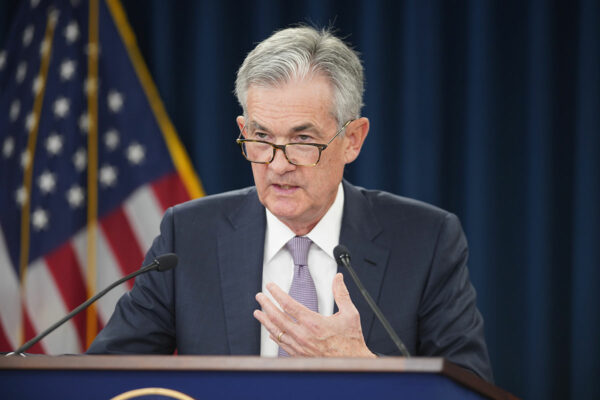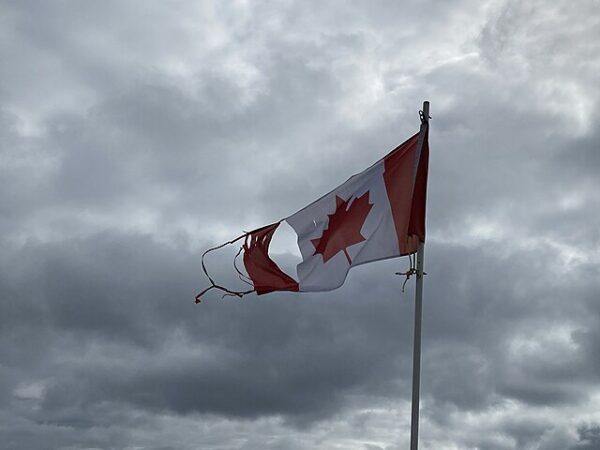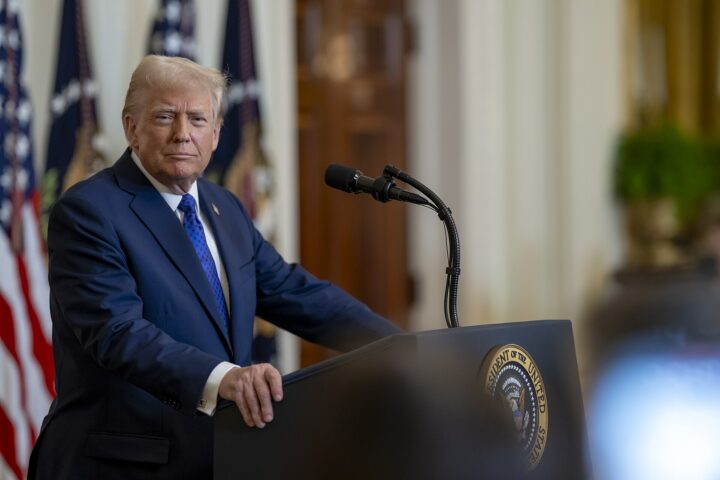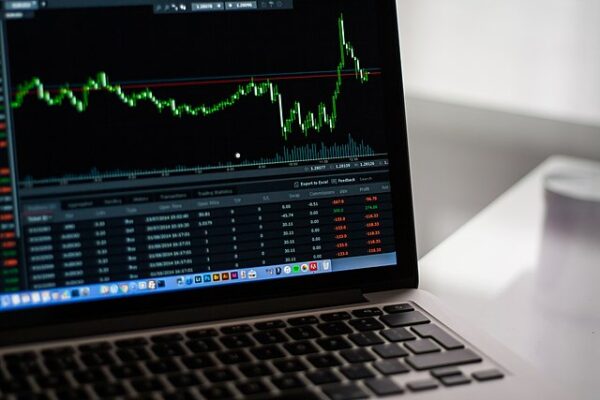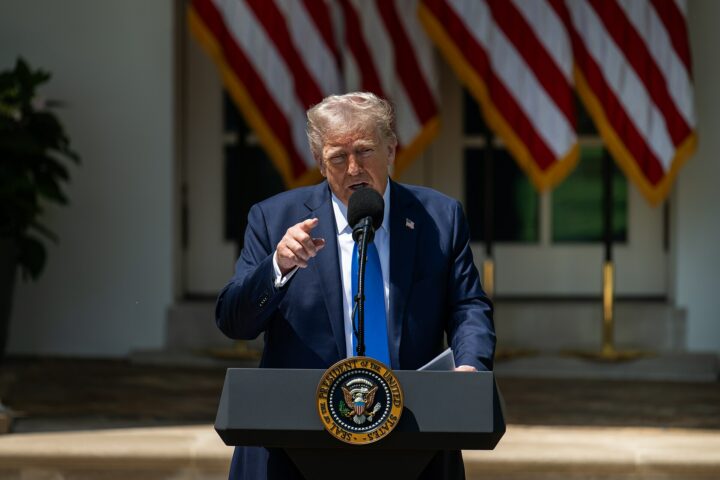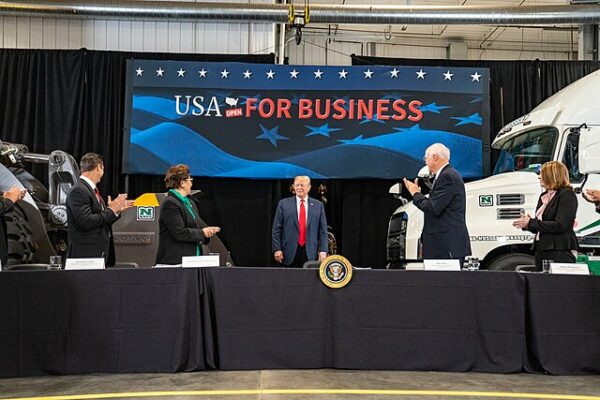According to a new report, Jerome Powell, the Chairman of the Federal Reserve, may be contemplating stepping down amid mounting economic challenges and growing political pressure, according to remarks made by a federal agency director earlier this week.
In an unexpected disclosure during a public forum, the head of a key federal oversight body hinted that Powell is weighing resignation, a development that could reverberate through financial markets and Washington’s economic policy circles.
The Federal Reserve has been navigating a complex landscape of persistent inflation, fluctuating employment figures, and uncertain global economic conditions.
Powell, appointed by President Donald Trump in 2018 and confirmed for a second term under former President Joe Biden, has faced criticism from both political parties—accused by some Republicans of over-tightening monetary policy and by some Democrats of not doing enough to control inflation.
The agency director, whose name was withheld in preliminary reports, stated that Powell “is seriously considering his options” regarding his tenure as Fed Chair.
Though no formal resignation has been announced, the suggestion has sparked speculation about the future direction of U.S. monetary policy and leadership at the central bank.
Financial analysts noted that Powell’s departure could introduce uncertainty at a critical moment, with the Fed expected to make pivotal decisions on interest rates and inflation control in the months ahead.
His steady stewardship has been credited with navigating the post-pandemic recovery, but recent signs of economic slowdown and political scrutiny have intensified the pressures on him.
Markets responded cautiously to the news, with modest declines in stock indices as investors weighed the implications. “Leadership at the Fed matters immensely,” said Claire Reynolds, a senior economist at a major investment firm. “Any change at the top could shift expectations around monetary policy and market stability.”
White House officials have declined to comment on the matter, emphasizing confidence in the Federal Reserve’s independence and leadership.
A Fed spokesperson similarly said the institution remains focused on its mandate to promote maximum employment and price stability.
If Powell chooses to step down, the White House would be tasked with nominating a successor subject to Senate confirmation—a process likely to become a focal point of political debate given the Fed’s central role in managing inflation and economic growth.
For now, Jerome Powell’s intentions remain uncertain, but the mere possibility of his resignation highlights the intense pressures facing the Federal Reserve as it seeks to balance economic recovery with the risk of recession.
[READ MORE: Pete Hegseth Unveils New Plan to Expand US Drone Dominance on the Battlefield]

